(VLO) According to the relevant authorities, the application of integrated plant health management (IPHM) not only helps proactively prevent plant pests, reduce input costs, reduce toxic chemicals, and reduce greenhouse gas emissions, but also helps increase productivity, product quality, and ensure food safety.
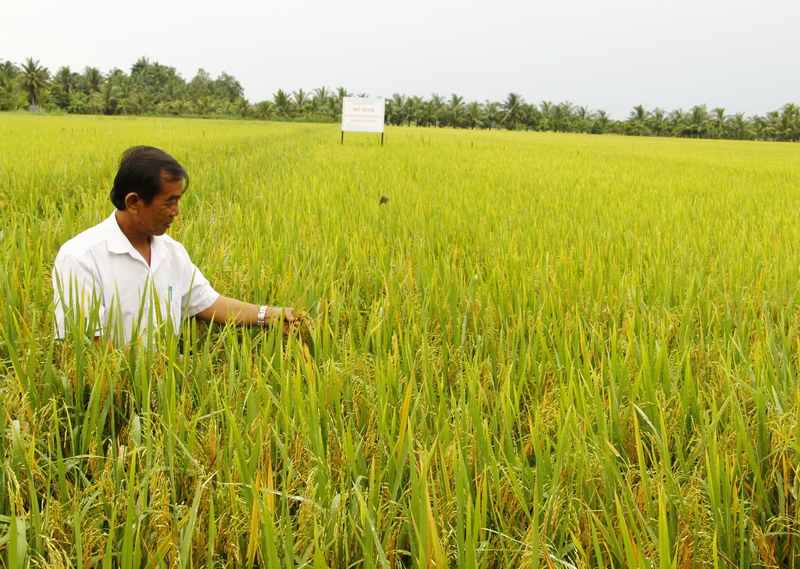 |
| Agricultural models applying integrated plant health management (IPHM) bring economic and environmental benefits to farmers. |
Strengthening IPHM implementation
According to the Southern Plant Protection Center (under the Plant Protection Department, Ministry of Agriculture and Rural Development), the general goal of the IPHM program is to enhance plant health; improve the ability to prevent harmful organisms and withstand adverse weather conditions; improve production efficiency, ensure food safety; protect the ecological environment and biodiversity.
Mr. Nguyen Van Son - Chairman of the Vietnam Association of Pesticide Production and Trading Enterprises, said: IPHM is being encouraged to be implemented. Close coordination of measures from seed, cultivation techniques, and pest control is needed.
In controlling plant pests, there is the use of pesticides, only use pesticides when necessary, prioritize the use of biological pesticides and chemical pesticides with low toxicity.
In Vinh Long province, in recent years, along with research on improving varieties and applying scientific and modern farming methods to gradually improve quality and productivity, farmers have applied integrated pest management (IPM) and IPHM solutions in the process of caring for crops.
Mr. Nguyen Vinh Phuc - Head of the Provincial Department of Crop Production and Plant Protection (under the Department of Agriculture and Rural Development) said: In recent times, the agricultural sector has also promoted propaganda to raise awareness of IPHM; trained and coached key farmers to apply IPHM techniques and guided producers to apply them.
At the same time, focus on building and replicating IPHM application models on key crops of the province, expanding the application of cost reduction techniques in production to save costs, improve economic efficiency and reduce greenhouse gas emissions, towards green agriculture and circular agriculture.
For sustainable agriculture
According to the agricultural sector, through implementation, the IPHM program is suitable for the current stage, meeting the requirements of controlling land degradation, adapting to climate change, while increasing product value, protecting the ecological environment and biodiversity.
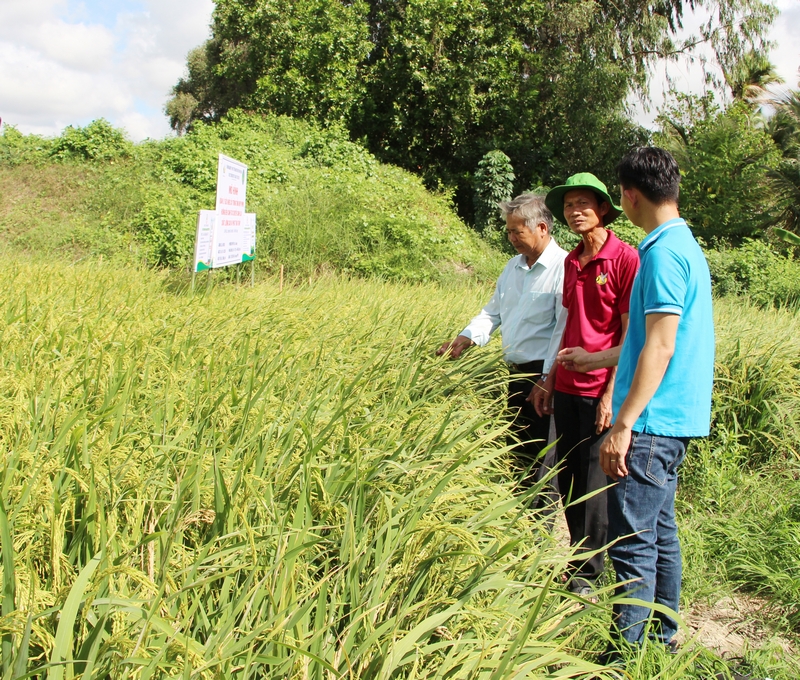 |
In addition, the application of IPHM helps raise farmers' awareness, create safe products, adapt to climate change, contribute to ensuring food security, and enhance the agricultural value chain.
Prof. Dr. Nguyen Van Tuat - Chairman of the Vietnam Plant Protection Science and Technology Association, said: Many harmful organisms are spreading rapidly in the context of climate change.
For prevention, in addition to researching and producing resistant or tolerant crop varieties, and enhancing forecasting of the emergence of new pests, it is necessary to develop an IPHM process for key crops and a process for managing pests originating in the soil using non-chemical methods.
In the long term, producers should increase the use of biological and herbal pesticides, especially those that use active ingredients extracted from microorganisms instead of living organisms. At the same time, there should be more research on specific pesticides for drones, or nano pesticides to increase eradication efficiency and reduce costs for people.
At the forum "Using fertilizers and pesticides safely and effectively in the IPHM program" recently held, Mr. Le Van Thiet - Deputy Director of the Plant Protection Department, said: Localities have been implementing the IPHM project, the predecessor of the IPM program, quite well.
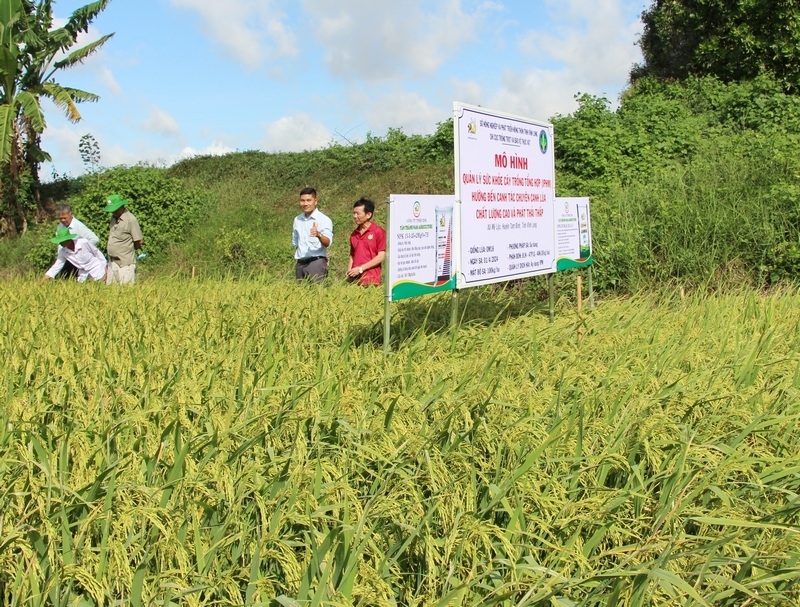 |
The “H” in the program stands for health, so IPM must also address the health of the soil, the environment, the crops, and the farmer.
IPHM is a comprehensive, holistic program, the basis and foundation for farmers to apply, contributing to the implementation of the Project of 1 million hectares of high-quality and low-emission rice associated with green growth in the Mekong Delta region.
“Currently, natural disasters, storms, floods, droughts, and saltwater intrusion have greatly affected crop growth and people's lives.
More dangerously, climate change has created conditions for new types of harmful organisms to arise and develop, causing difficulties for production.
Therefore, in order to develop sustainable and modern agriculture by 2030, with a vision to 2050, localities need to pay attention to and invest in expanding production models applying technical advances, developing and replicating biological models and solutions in pest control.
In addition, it is necessary to pay attention to developing and applying 4.0 technology, digital transformation in farming and information lookup to proactively control diseases, minimize the amount of chemical materials, optimize the use of input materials, and increase profits for farmers.
To develop and expand the IPHM program, the entire political system needs to join hands to be successful," Mr. Thiet commented.
| According to the action plan of the Plant Protection Department, by 2030, over 80% of communes growing rice, longan, lychee, dragon fruit, coffee, pepper, and tea will have a core team of farmers with knowledge, skills, and effective application of IPHM. Especially, they will be able to guide other farmers to apply IPHM, evaluate the effectiveness, and disseminate the results to the community. Each province growing the above crops will have at least 5 national IPHM lecturers and 20 provincial IPHM lecturers. Strive to have 90% of the area of rice, longan, lychee, dragon fruit applying IPHM; coffee, pepper, and tea will reach 70% of the area applying IPHM in each province. Thereby, the amount of pesticides and chemical fertilizers will be reduced by 30% and 30%, respectively. Over 90% of communes growing the above crops will collect used pesticide packages in accordance with regulations. |
Article and photos: TRA MY
Source: https://baovinhlong.vn/kinh-te/nong-nghiep/202412/nhan-rong-mo-hinh-quan-ly-suc-khoe-cay-trong-tong-hop-iphm-vi-nen-nong-nghiep-ben-vung-18366f5/


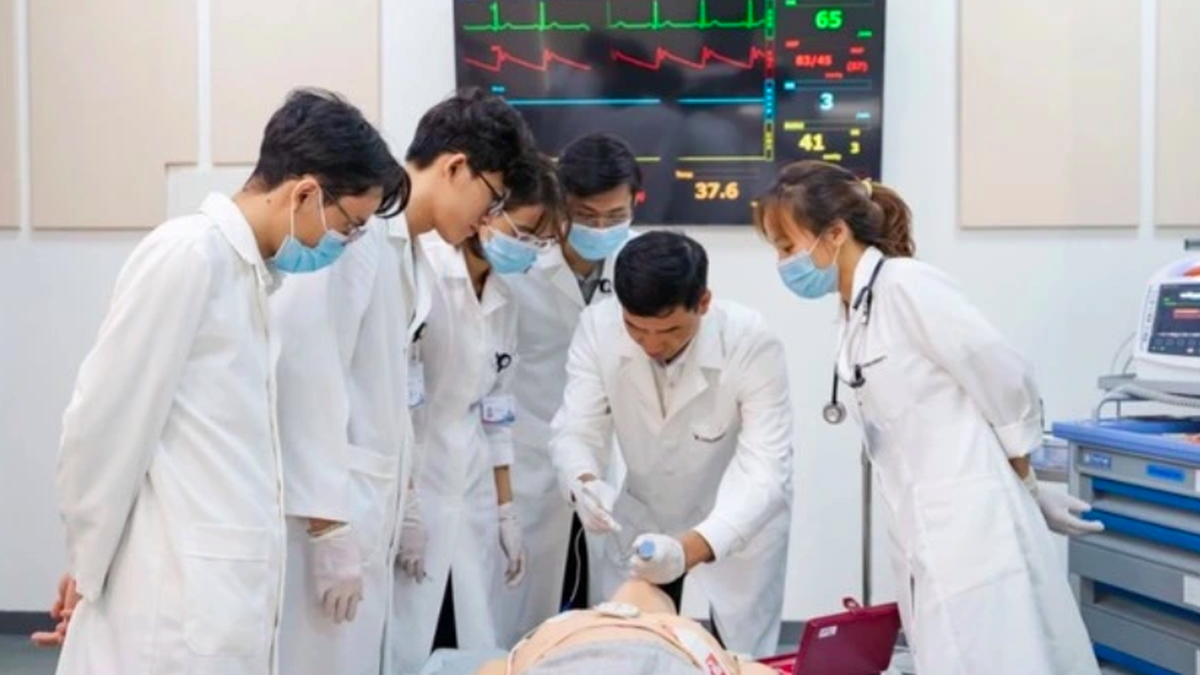

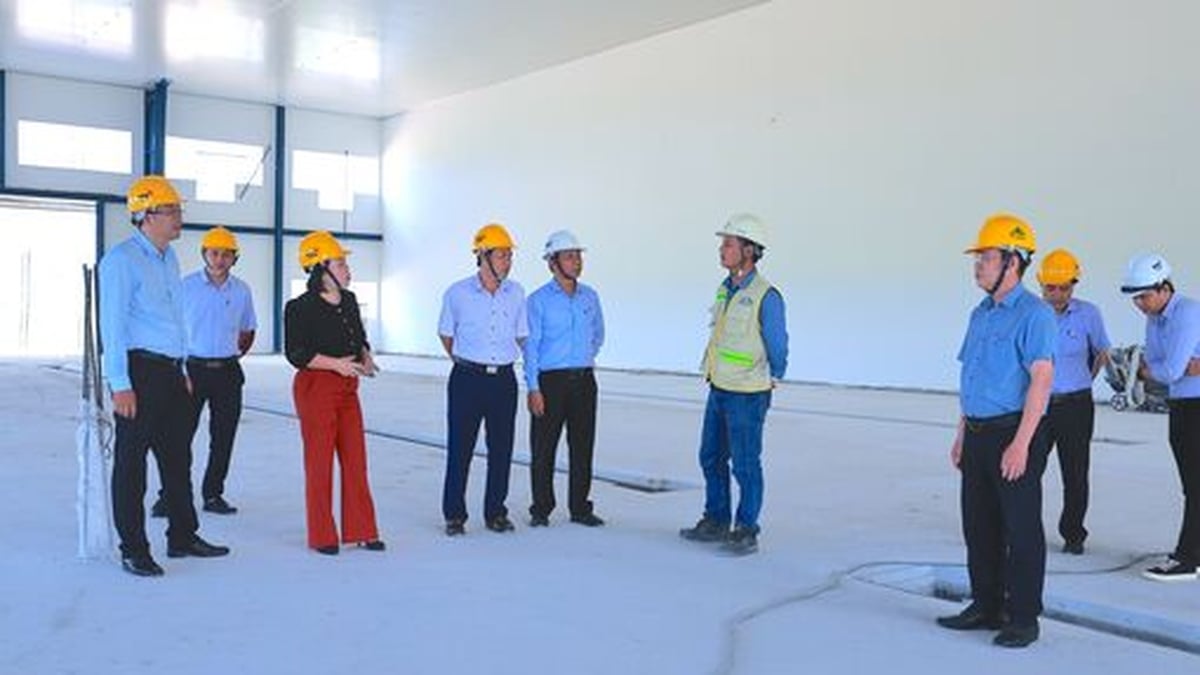
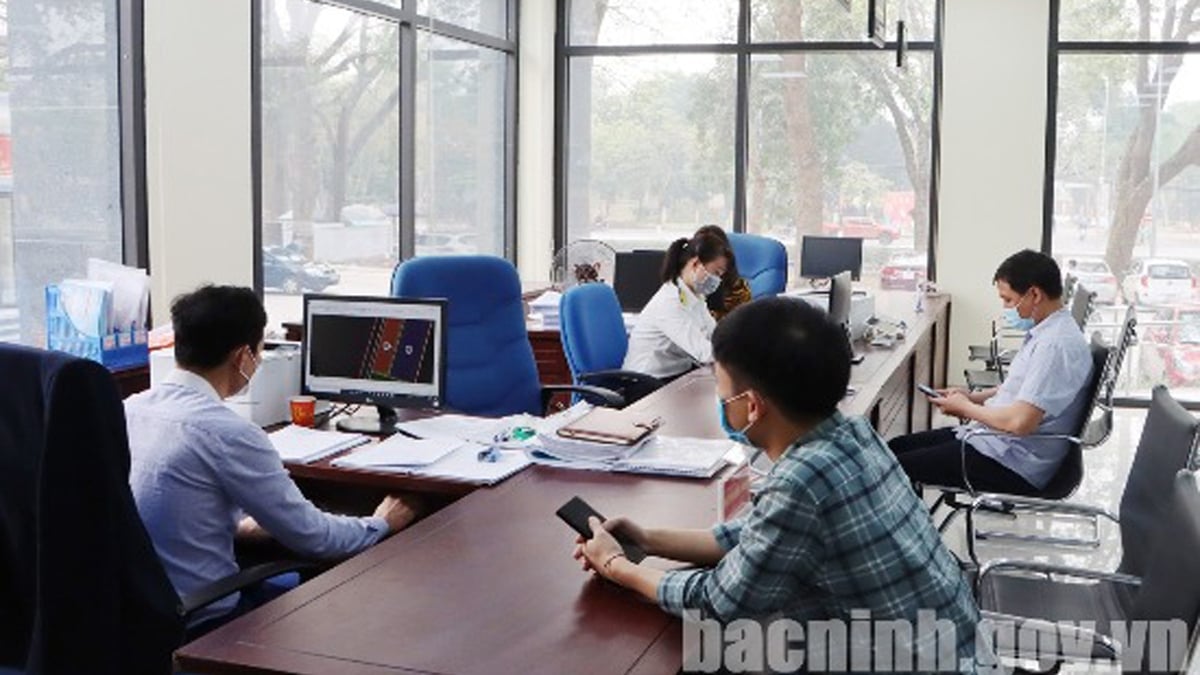
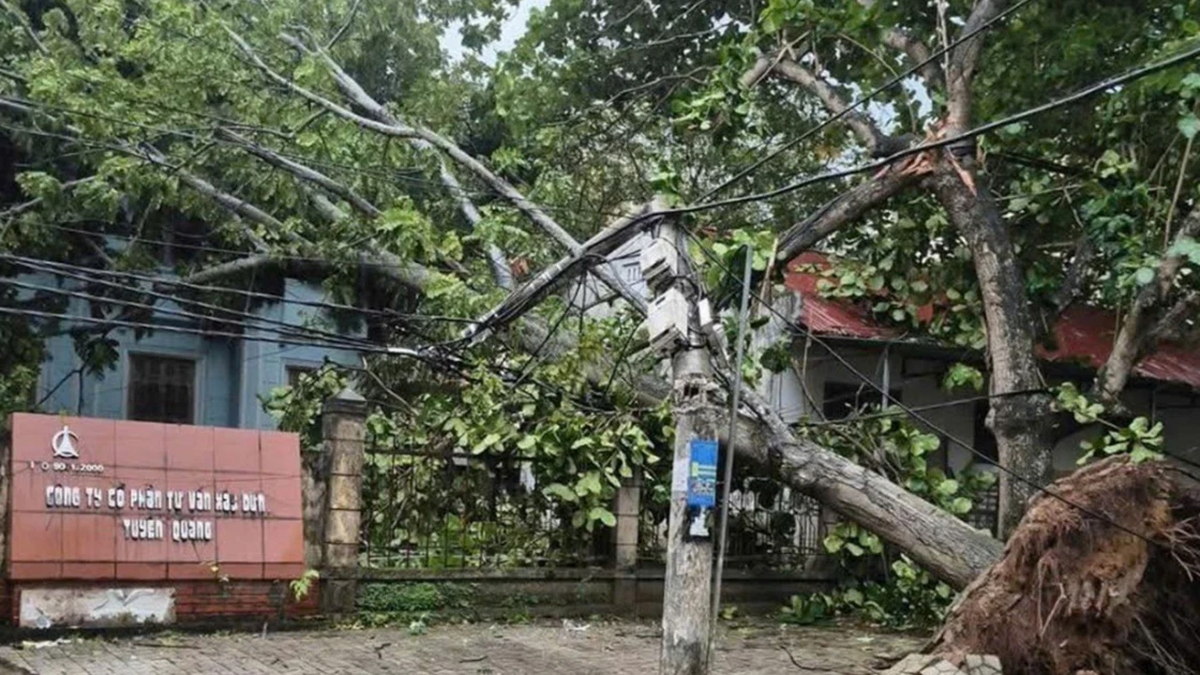

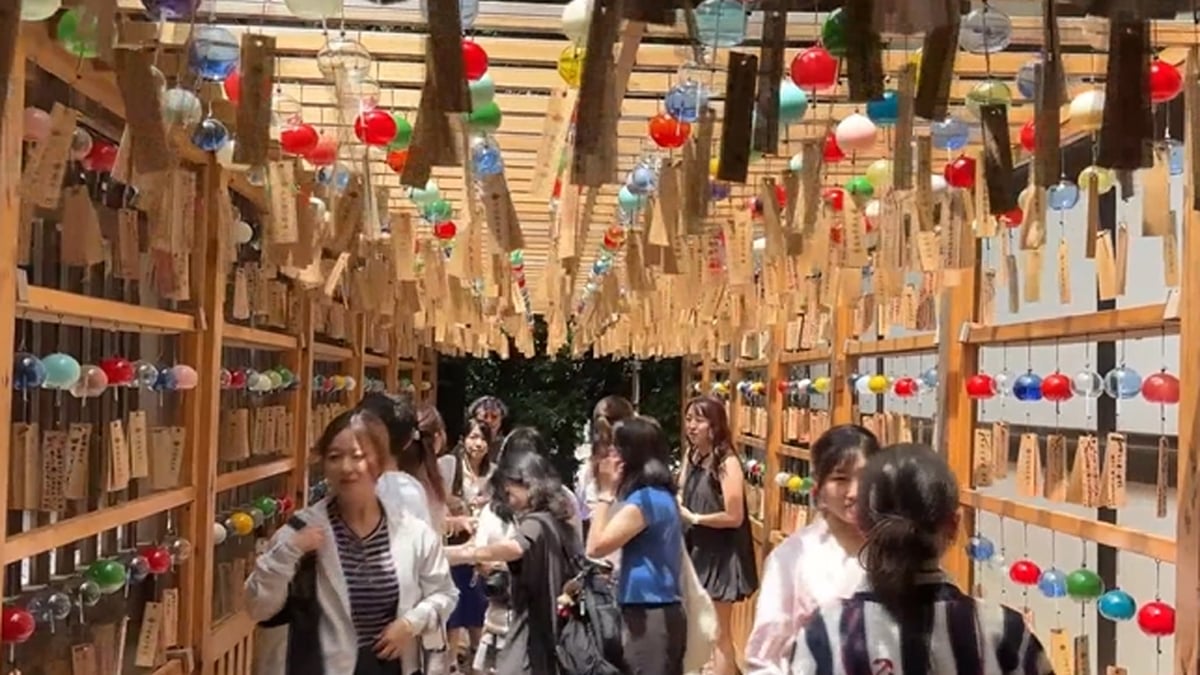
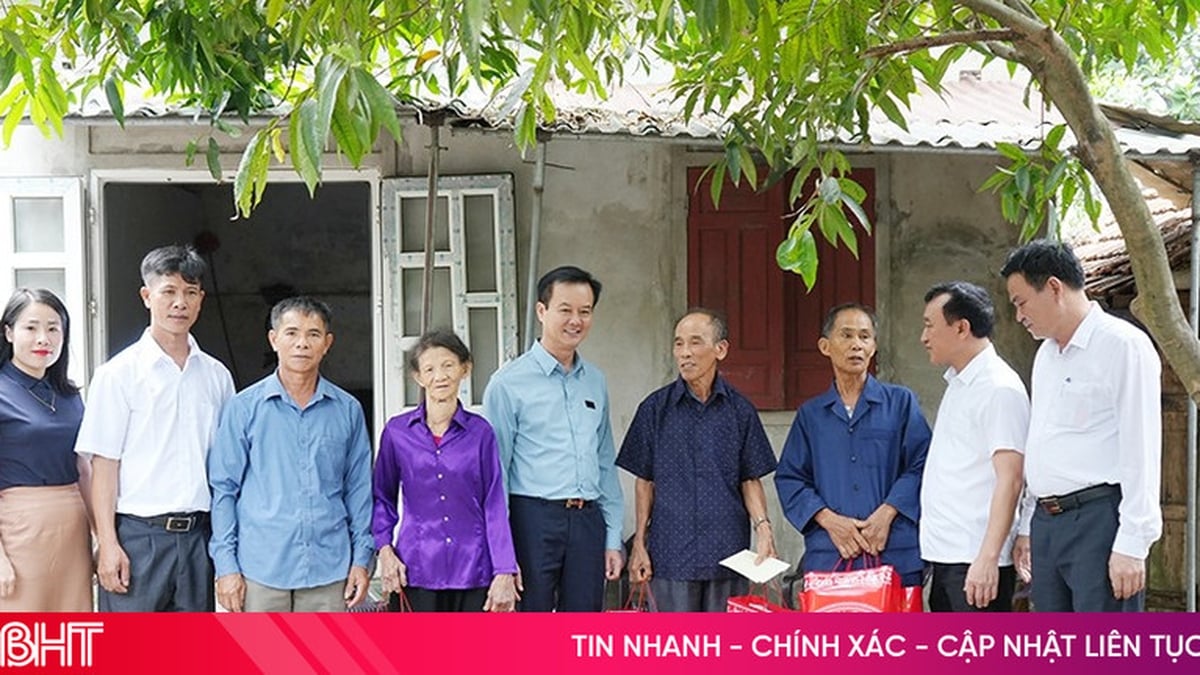
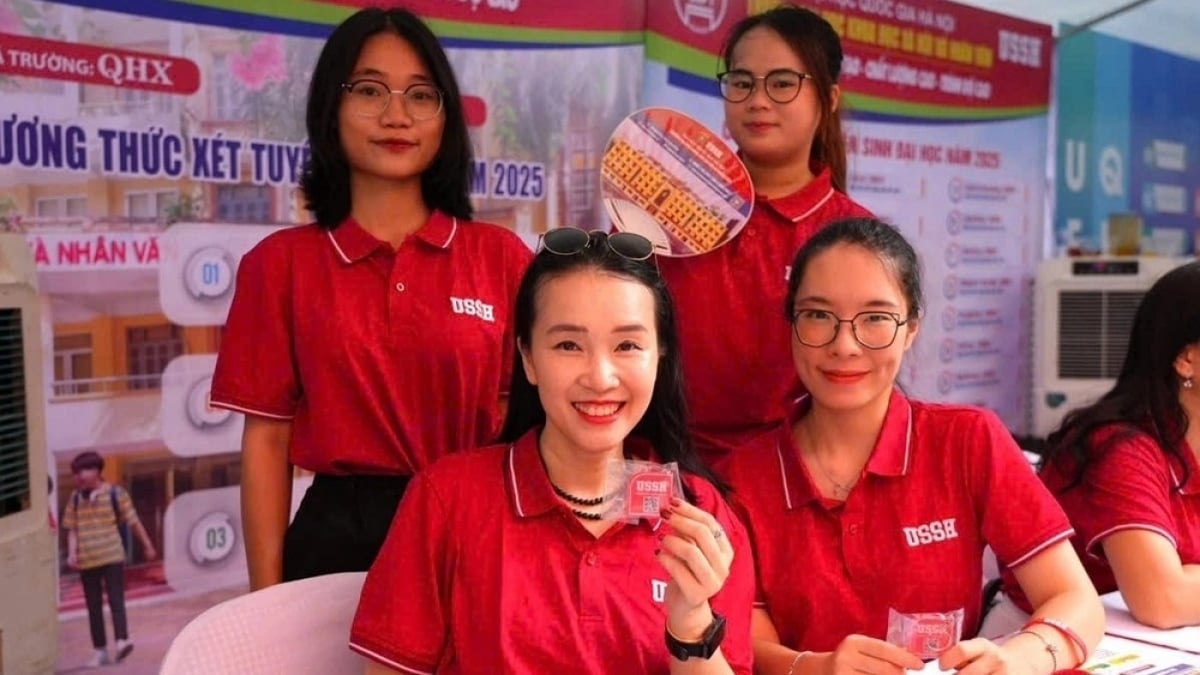


















![[Photo] National Assembly Chairman Tran Thanh Man visits Vietnamese Heroic Mother Ta Thi Tran](https://vphoto.vietnam.vn/thumb/1200x675/vietnam/resource/IMAGE/2025/7/20/765c0bd057dd44ad83ab89fe0255b783)



















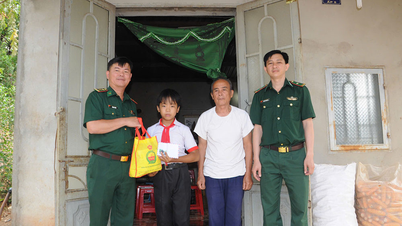













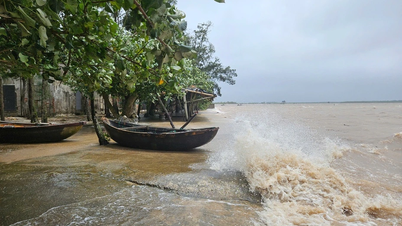

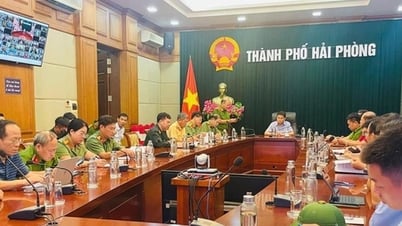











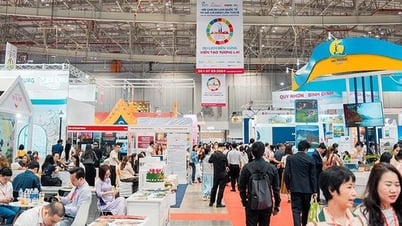

























Comment (0)